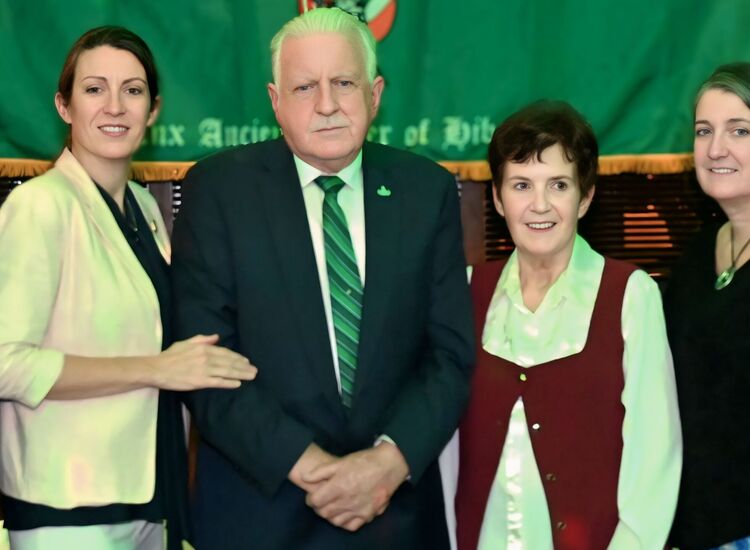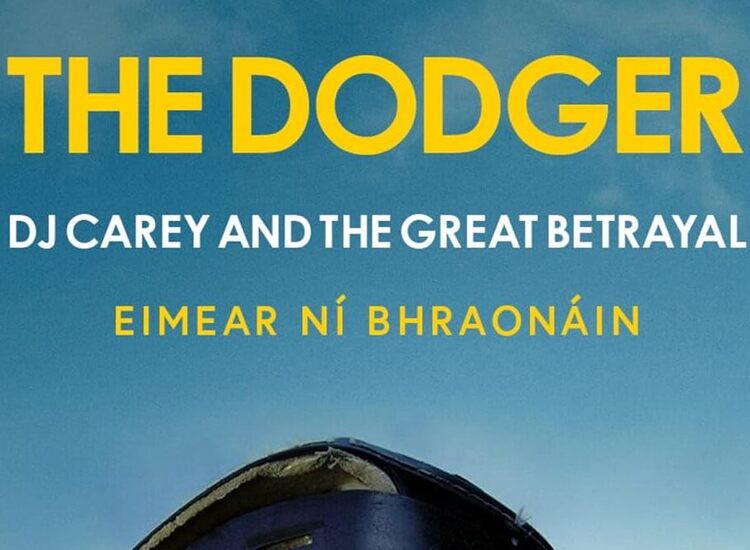All sides in the Boston College Troubles archives case are this week awaiting a federal appeals court decision following a hearing held last week.
The court heard argument from attorney Eamonn Dornan, representing archivists Ed Moloney and Anthony McIntyre, that McIntyre, a onetime IRA member who lives in Ireland and others who provided testimony for the college's oral history project would be in mortal danger if a lower court decision to provide the Police Service of Northern Ireland with archive material was upheld.
After subpoenas were issued on behalf of the PSNI by the U.S. attorney's office in Boston, U.S. District Judge William Young ruled that Boston College must turn over interviews given to the archive on the understanding that testimony would be sealed so long as the testifiers were alive.
Boston College did not initially appeal this decision, but it was challenged by Moloney and McIntyre.
Attorney Dornan argued during the appeal hearing that McIntyre and the other IRA members who participated in the project faced "the real risk of physical harm" if the recordings are turned over to the PSNI. Judge Young has thus far held on to the released archive material pending the appeals court ruling.
Dornan said McIntyre has already been branded an informant by some factions in Northern Ireland and could face an attack if the interviews become public. Dornan also argued that if the material was turned over, it would destroy the Northern Ireland oral history project at BC and have a chilling effect on other academic research projects.
"There's no question it will be destroyed if any material is released from that archive," Dornan said.
Assistant U.S. Attorney, Barbara Healy-Smith, countered that Judge Young had dismissed the lawsuit filed by McIntyre and Moloney on the grounds that their interests were adequately represented by Boston College. She said U.S. authorities were bound by a legal assistance treaty with the United Kingdom, which requires the two countries to aid each other's criminal investigations.
This view has been contested outside the court by two U.S. senators, John Kerry of Massachusetts and Charles Schumer of New York.
It could take up to three months for the appeals court to deliver a decision. New York-based Ed Moloney has indicated that a loss before the appeals court could result in an appeal to the U.S. Supreme Court.








